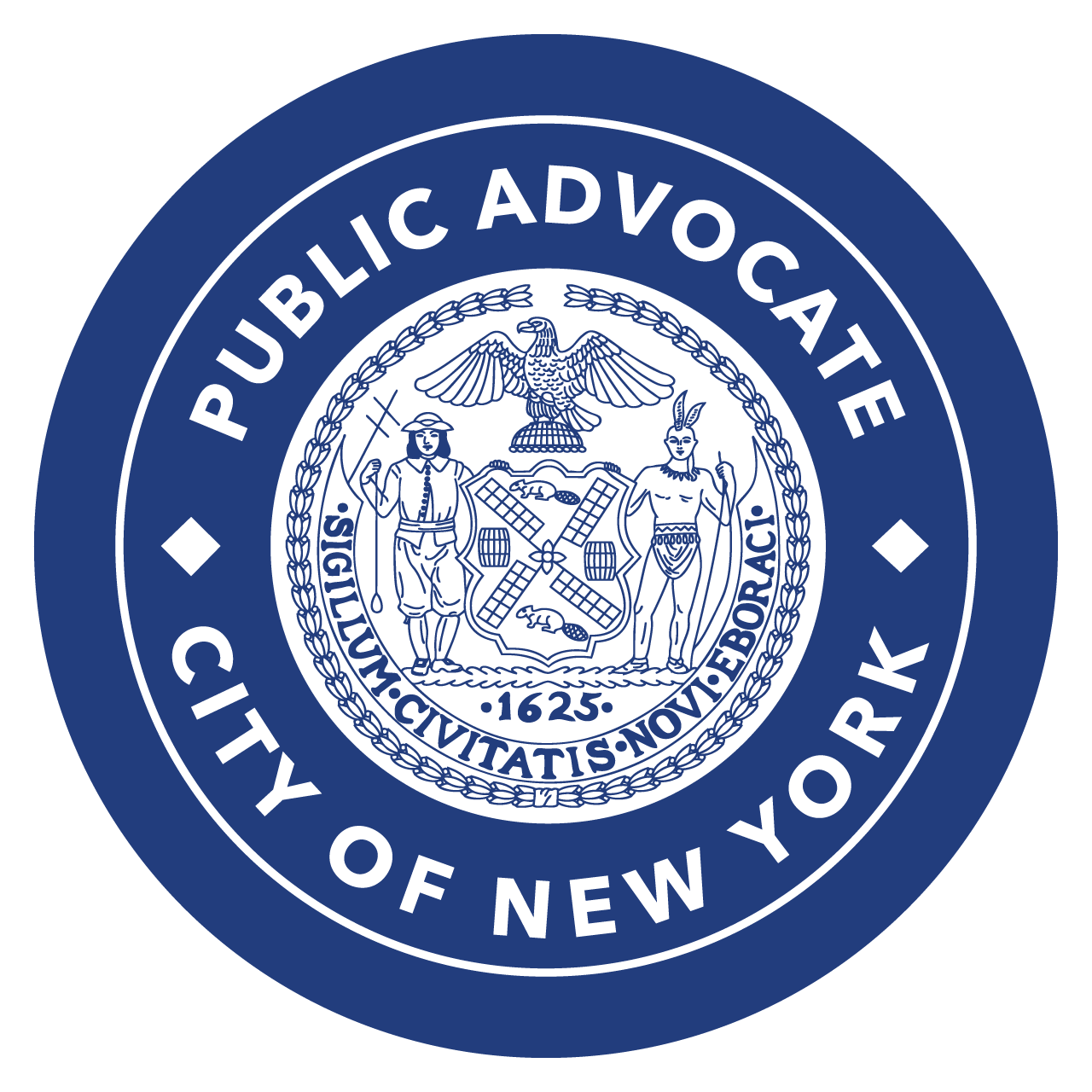The New York City Council will vote today on legislation from Public Advocate Jumaane D. Williams which would prohibit employers from discriminating against a job applicant or current employee based on pending charges or unsealed violations. The bill is an expansion of Williams' 2015 legislation with Manhattan Borough President Gale Brewer, the Fair Chance Act, which "Banned the Box" on job applications and prevented the consideration of criminal history in hiring practices prior to a conditional offer of employment.
Intro 1314-A, the Fair Chance Act 2.0, builds upon existing employment protections to include adjournments in contemplation of dismissal (ACDs) and other pending criminal charges. It would also extend existing protections to current employees convicted of a violation after the start of employment. Adverse actions can still be taken if a structured "fair chance" analysis ultimately determines that there is a direct relationship between the job and the pending charge or that employing the worker would involve an unreasonable risk to people or property. The bill is expected to pass overwhelmingly after a unanimous vote through the Committee on Civil and Human Rights on Thursday morning.
"When we banned the box in New York City, it was the strongest such legislation in the country, and created access to employment for thousands of New Yorkers - benefiting applicants and employers alike." said Public Advocate Williams. "Now, amid a public health and economic crisis, we need to go further in removing unnecessary barriers to employment and opening up opportunities closed off by arrest record or criminal history. I thank the committee members for their unanimous vote to advance this legislation, and the Council for their support of its goals ahead of a full vote. The right to a fair chance - often a first chance - is an issue of the justice system, the economy, and economic justice."
While 'innocent until proven guilty' remains a stated central tenet of the legal system, and nearly 80% of New Yorkers charged with a crime are never found guilty, employers can often presume guilt on the basis of an arrest itself. Because current anti-discrimination law protects people with convictions but not people with pending cases, workers are presently economically incentivized to plead guilty.
This economic issue disproportionately impacts people of more color, who are subjected to arrests and presumptions of guilt more than any other population. New York City recorded 806,669 misdemeanor arrests for Black individuals compared to 216,643 white individuals from 2010 to 2017. As the economic crisis resulting from the COVID-19 pandemic continues to have a devastating impact on New York City, it is crucial to open access points to employment.
Additionally, The Fair Chance Act 2.0 would help end the employment discrimination faced by transgender women of more color by closing a loophole in the Human Rights Law. Current law prohibits employers from discriminating against people on the basis of a sealed, noncriminal violation - the only charge currently ineligible for sealing is the anti-loitering provision known as the Walking While Trans law. While this law is deeply discriminatory itself, and must ultimately be repealed on a state level, the Fair Chance Act 2.0 prohibits employment discrimination on the basis of this offense.
"Today's passing of the Fair Chance Act 2.0 signals the City Council's commitment to decreasing the record unemployment rates caused by the COVID-19 pandemic," said Melissa S. Ader, Staff Attorney in the Worker Justice Project of The Legal Aid Society. "The Fair Chance Act 2.0 will increase employment opportunities for all New Yorkers, and especially for overpoliced communities of color and transgender women of color. We thank Public Advocate Jumaane Williams, Speaker Corey Johnson, and the City Council for standing with New Yorkers, and call on the Mayor to sign this legislation, codifying it into law."
